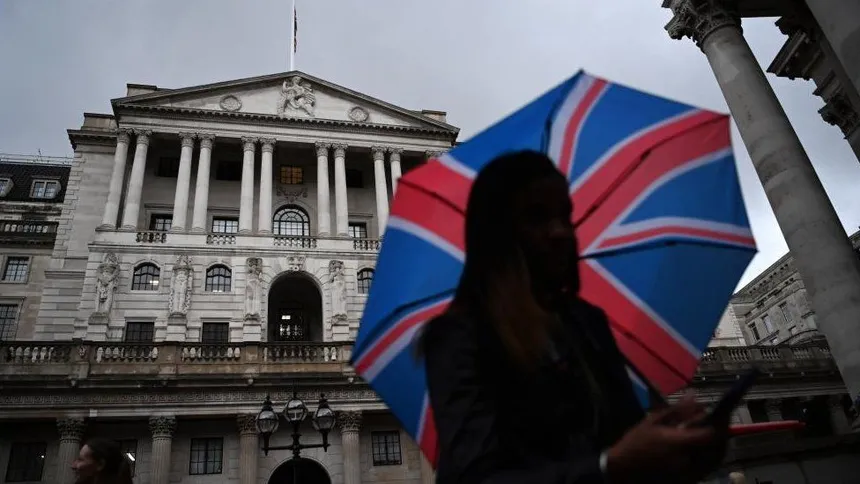The UK is on the brink of an environmental disaster that could trigger a bigger economic slump than those caused by the 2008 global financial crisis and the Covid pandemic. According to a report by the Green Finance Institute, the destruction of nature over the rest of the decade could lead to a 12% loss of gross domestic product (GDP) by the 2030s.
The report, which was written in collaboration with experts from academia and government, warns that the gradual degradation of the environment is as detrimental to the economy as climate change. The continued loss of natural habitats in urban and rural areas could have devastating consequences, with a 5% reduction in GDP by the late 2020s.
The report looked at three scenarios to construct its findings: domestic risks from continued UK environment breakdown, international risks including destruction to nature in key UK trading partners, and a health scenario focusing on the dangers of a fresh global pandemic. Each scenario took into account current trends in environmental breakdown, including water and air pollution, soil health erosion, and biodiversity loss, resulting in a hit to GDP worth up to 3%, or about £70bn by the late 2020s.
The report also warned of “acute risks” from natural disasters such as floods, droughts, and wildfires, which could have a 6% loss to GDP in the domestic and international scenarios, and a 12% hit in a health scenario. This would be triggered by extreme dangers to the UK economy from a renewed pandemic.
Environment Minister Richard Benyon, whose family controls a 5,600-hectare estate in west Berkshire, emphasized the importance of nature in underpinning the health of the economy and warned that all sectors and sections of society must take responsibility for conserving nature. He noted that green finance has a crucial role to play in protecting the planet for future generations.

The report’s findings will likely resonate with policymakers, who are expected to take an interest in the potential dangers to the economy from nature breakdown. Shadow Environment Secretary Steve Reed blamed the government for the UK’s nature-depleted state and committed Labour to cleaner air and water, as well as growing nature-rich habitats.
The Green Finance Institute, which describes itself as the UK and Europe’s principal forum for innovation in green finance, relied on input from banks, academics, philanthropists, and government bodies to develop climate-friendly policies and financial products. The report was partly funded by the government, with input from the Treasury and the Department for Environment, Food and Rural Affairs.
The report’s warnings echo those of Sir Partha Dasgupta’s 2021 review, which found that the world was being put at “extreme risk” by the failure of economics to account for the rapid depletion of the natural world. The government agency Natural England has launched its Nature Returns programme to coordinate efforts across government and the private sector to explore how the UK can best use land to address climate change and promote thriving nature.
The study’s findings are a sobering reminder of the urgent need for action to address the environmental crisis. With the UK’s economy facing a potential 12% hit, policymakers and businesses must work together to develop innovative solutions to mitigate the risks and ensure a sustainable future.

